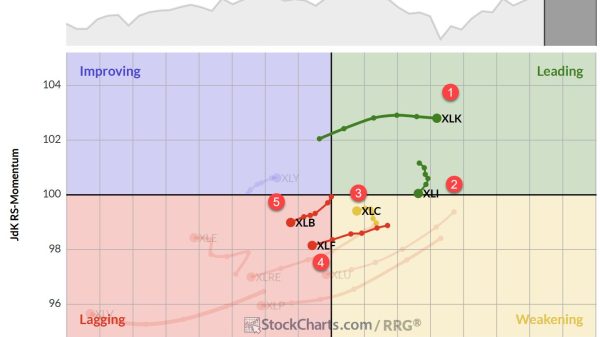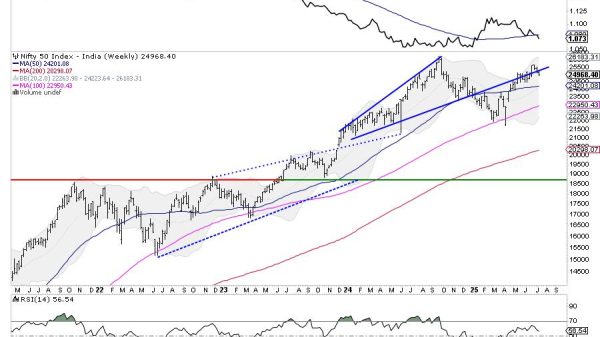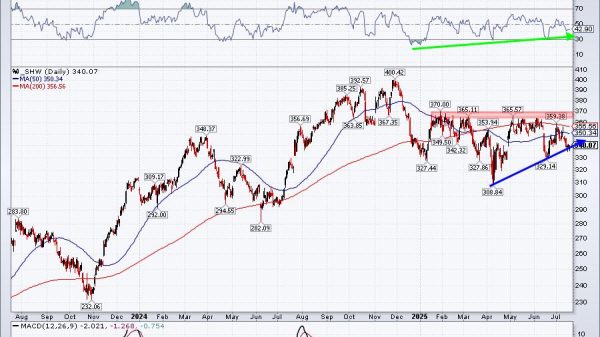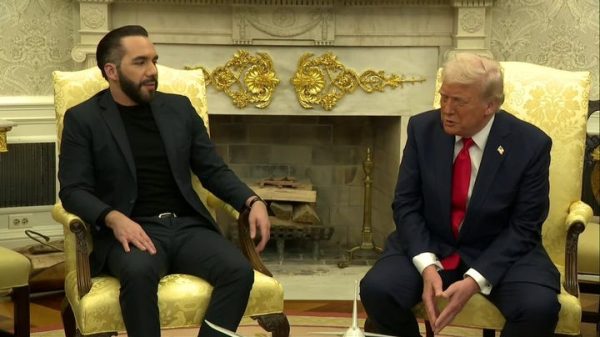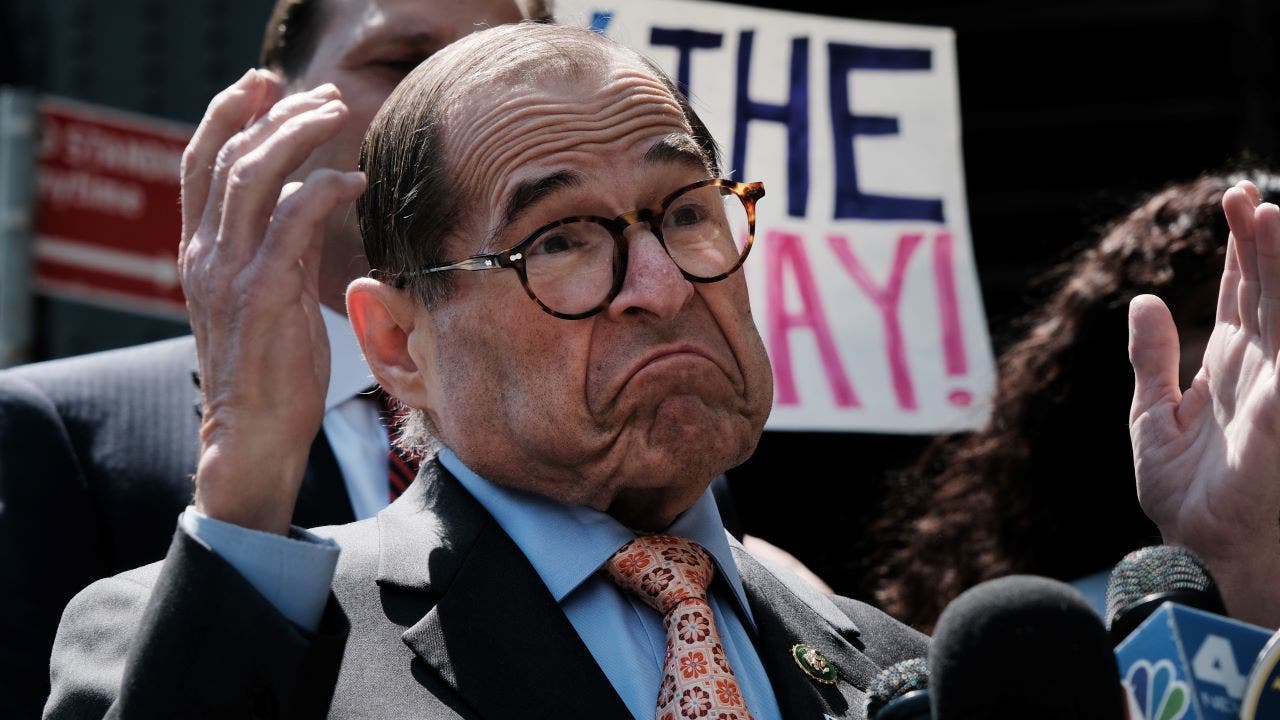Rep. Jerry Nadler, D-N.Y., once said it was ‘very clear’ the Trump campaign colluded with the Russians in the 2016 election — a claim later contradicted by the release of Special Counsel John Durham’s report on the Russia investigation.
‘It’s become very clear that the Trump campaign colluded with the Russians in trying to subvert the election,’ Nadler told CNN in November 2018. ‘The president is right to be nervous right now, because it appears that time is running out when he can hold himself above the law.’
The comments now conflict with the Durham report, which concluded in May that federal agencies had no ‘actual evidence of collusion’ to justify its launch of the Trump-Russia investigation. This added to the conclusion of Special Counsel Robert Mueller’s report in 2019 that determined there was no evidence of a criminal plot to influence the 2016 election.
Nadler, in the 2018 interview, said evidence would soon surface to prove Trump’s personal involvement in collusion with Russia.
‘The walls are tightening about his knowledge of the collusion with the Russians,’ Nadler said.
This evidence never arose, but Nadler later said in a January 2020 interview with CBS that Trump attempted to rig the 2020 election just ‘as he worked with the Russians to try to rig the 2016 election.’ The comments came amid the impeachment push over Trump’s call with Ukrainian President Volodymr Zelensky to investigate then-candidate Joe Biden.
‘The reason he did that was in order to extort a foreign government to smear his political opponents for his personal benefits and to help try to rig the 2020 election as he worked with the Russians to try to rig the 2016 election,’ Nadler said. ‘Same pattern.’
The Durham report concluded the Trump-Russia investigation was based upon ‘raw, unanalyzed and uncorroborated intelligence.’ The launch of the investigation despite the lack of evidence, the report said, showed the Department of Justice and FBI ‘failed to uphold their mission of strict fidelity to the law.’ The report also concluded the agencies relied heavily upon leads for information ‘provided or funded (directly or indirectly) by Trump’s political opponents.’






